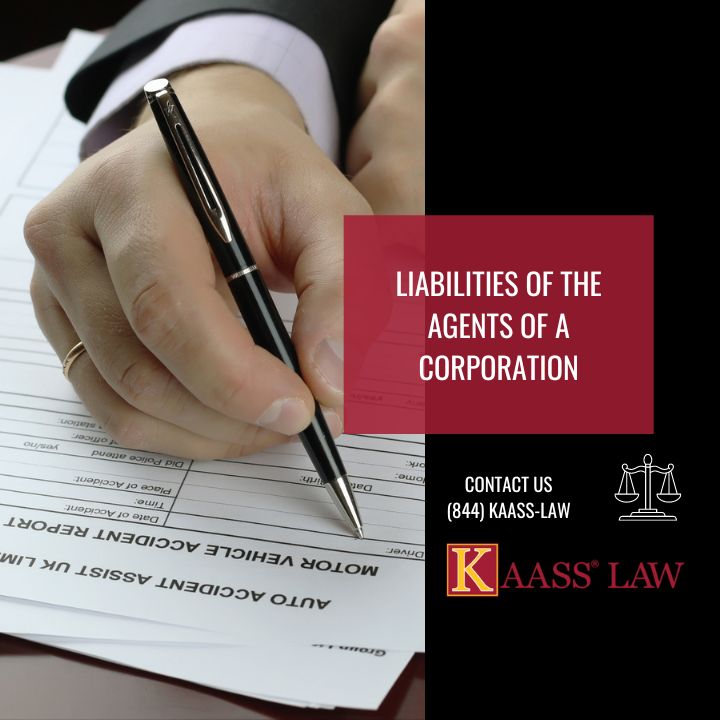Legal entities can file lawsuits and can also file lawsuits against them. Some businesses are being sued because they are unable to pay their bills or don’t fulfill their duties. However, others may commit minor offenses or even crimes. Meanwhile, corporations are separate legal entities from their owners and agents. However, in some circumstances, the people with liabilities for the wrongdoing of the business may be responsible by the parties in question.
Liabilities of the Agents of the Corporation
The section 325 paragraph (a), (b) of the Corporate Law of Delaware defines actions against corporations directors, officers or stockholders.
Corporation’s officers, directors or shareholders are legally obliged to pay the corporations debts or a portion of the latter. If this is the case, any creditor to whom they owe money may bring legal action against one or more of these individuals. The complaint shall include the details of the claim against the corporation and the ground on which the plaintiff intends to hold the defendants personally liable. However, the creditor must first acquire a judgment against the corporation for the debt and attempt to execute it in vain before taking legal action against an officer, director, or stockholder. This means that the creditor must try to collect the debt from the corporation before attempting to collect it from any individual officer, director or stockholder.
Filing a Lawsuit Against the Agents
The section provides a possibility for creditors to sue the officers, directors or stockholders for the debts of the corporation. This is in case they have a liability by the provisions set forth in the General Corporation Law of Delaware for paying debts of the corporation. In such cases, the creditor must show that the individuals were responsible for the corporations failure to pay the debt. That may be either because they engaged in wrongful conduct or because they failed to fulfill their legal obligations.
Requirements for the Plaintiffs
The requirement is that the plaintiff shall first address the complaint to the corporation itself. Along with the justifications for wanting to hold the people accountable on a personal level, it should be in discussion.
To begin with, the clause only applies to corporations formed under Delaware law. It does not apply on the relations, liabilities and remedies of stockholders incorporated under the legislation of other states. Overall, the debts and legal obligations should arise under the Delaware general corporation law.
Second, it’s important to keep in mind that stockholders, executives, and directors could all face legal consequences. The suit would be for the debts of the corporation in case a judgment against a failed execution of the corporation. Executed unsuccessfully – the corporation is unable to pay its debts, and its total debts exceed its total assets.
Contact an Attorney
Give our office a call at 310.943.1171 if you have any questions regarding a similar matter. Visit our other website for more information on our other practices.

